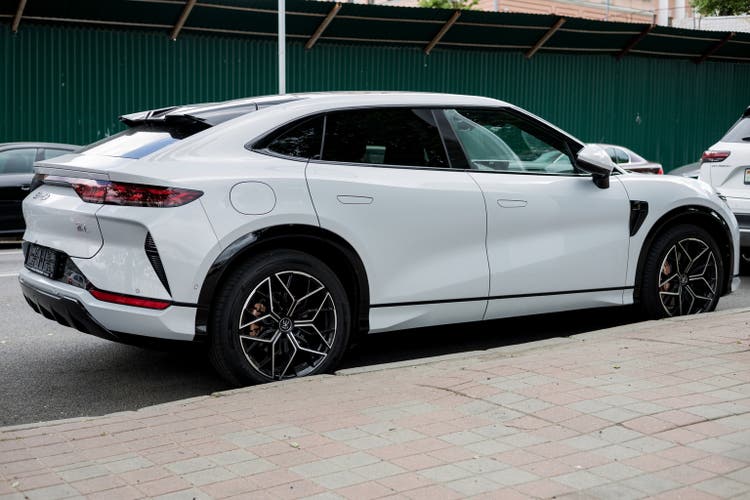
jozzeppe/iStock Editorial via Getty Images
Sparked largely by the sudden emergence of Tesla (TSLA), the major players in traditional automaking rushed to ramp up the production of electric vehicles, with visions of muscling startups out of the way and taking over the market for themselves. Now, faced with growing competition from nimble pure-play EV makers, especially in China, the legacy industry behemoths are scrambling to rethink their strategies.
The latest sign of this dynamic came from a deep-dive published this weekend by the Wall Street Journal, detailing how Jim Farley, CEO of Ford (NYSE:F), has been forced to reassess his approach to the market. This comes as Chinese EV makers like Nio (NYSE:NIO), Li Auto (NASDAQ:LI), Xpeng (NYSE:XPEV), BYD (OTCPK:BYDDF), ZEEKR Intelligent (NYSE:ZK) and Xiaomi (OTCPK:XIACF) have been able to capture significant market share.
Ford’s Chinese competitors have taken advantage of low-cost labor and advanced technology to produce high-tech offerings that are also affordable. Meanwhile, these companies have taken an aggressive approach to international expansion, pushing into Europe and other global markets, thus presenting a long-term threat not only to Ford but to the large automakers generally, including names like GM (NYSE:GM), Toyota (NYSE:TM) and Hyundai (OTCPK:HYMTF).
The WSJ article quotes Farley as lamenting the “light speed” with which Chinese automakers established themselves. He also characterized them as an “existential threat,” with the profile highlighting the ways in which the Ford CEO is shifting priorities to focus on innovation and cost-efficiency.
This is just the latest in a growing list of responses from legacy automakers that seem at least a little tinged by panic. Earlier this month, Volkswagen (OTCPK:VWAGY) said it was considering closing a large vehicle plant and a component factory due largely to competition from Chinese rivals. At the same time, the company announced that it was pouring billions into a joint venture with Rivian (RIVN).
Meanwhile, legacy automakers have trimmed their targets for EV production. For Ford, this took the form of an adjustment to its EV plans, a change the firm announced last month. The altered plans included delaying production of a new plant to produce a next-generation all-electric pickup truck and canceling plans for a three-row electric SUV.
The changing landscape has raised red flags for some investors. Seeking Alpha analyst Doron Levin said the pullback in EV strategy represents a game that “is still in the early innings, with more write-offs and expenses possible.”
Also noting that “Ford’s balance sheet is now materially weaker than it was a year ago,” Levin warned: “These trends combine to create a large question mark over the future of Ford’s cash dividend, which was reinstated in 2021 after a two-year hiatus.”
